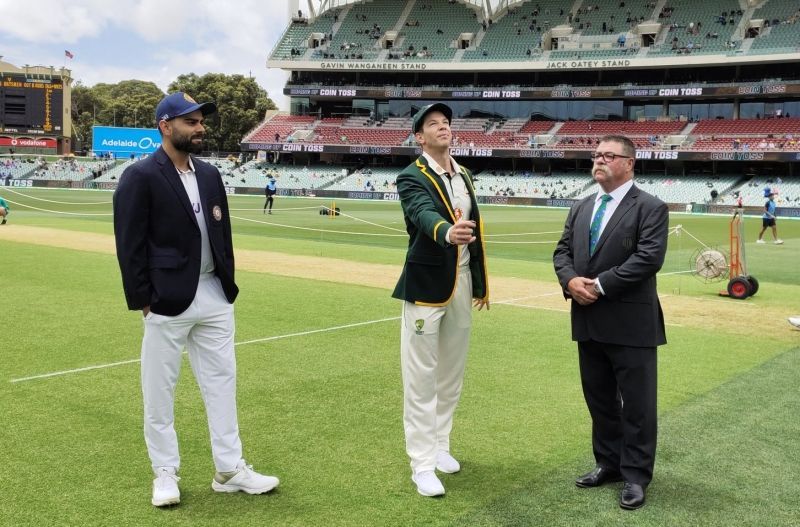
What is the role of a match referee in cricket?
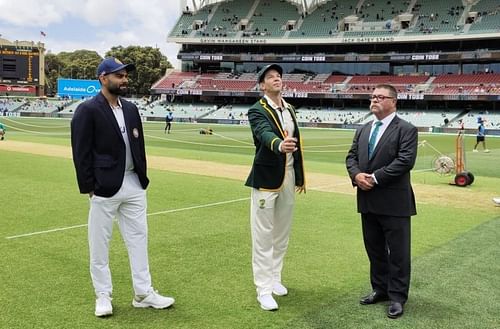
Cricket is a funny game. It's a funny game that's got convoluted laws (yes laws, not rules) and long-established traditions that have largely remained unchanged for the best part of the last two centuries.
Even seasoned cricket experts are occasionally caught off-guard by some of the game's intricacies. Therefore, it's no surprise that it's quite difficult for beginners to even begin to comprehend the game.
While most popular sports such as football, basketball and rugby are officiated by referees, cricket is officiated by umpires. However, it might come as a surprise to some newbies when they learn that cricket too involves a 'match referee'.
Most casual fans have no clue of even the match referee's existence in a cricket match, let alone his role. This article will, therefore, look at what match referees are responsible for doing during and after a game of cricket.
A match referee is one of the five officials present at a cricket match, with the other four being umpires. Match referees are usually only appointed for international and high-profile matches (such as IPL matches). Most matches under this level do not have a match referee. The match referee also serves as the ICC's representative at an international game.
While the match referee never steps on to the field of play during the actual cricket match and makes no decisions of any relevance to the play or result of the game, he has certain critical duties to perform. They are listed below.
#1 Conducting the toss
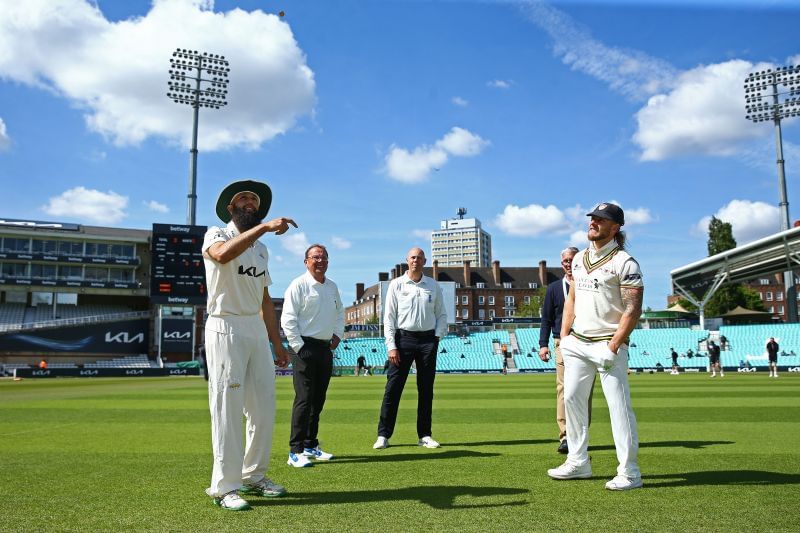
The match referee's duties in a cricket match begin with conducting the toss. Most fans would have noticed the match referee present alongside the two captains and the television host during the toss.
The match referee is responsible for ensuring that the coin-toss has been conducted in a fair manner. In addition, it is the match referee who usually indicates which team has won the toss after the coin lands.
#2 Ensuring that the ICC Code of Conduct is upheld throughout the game
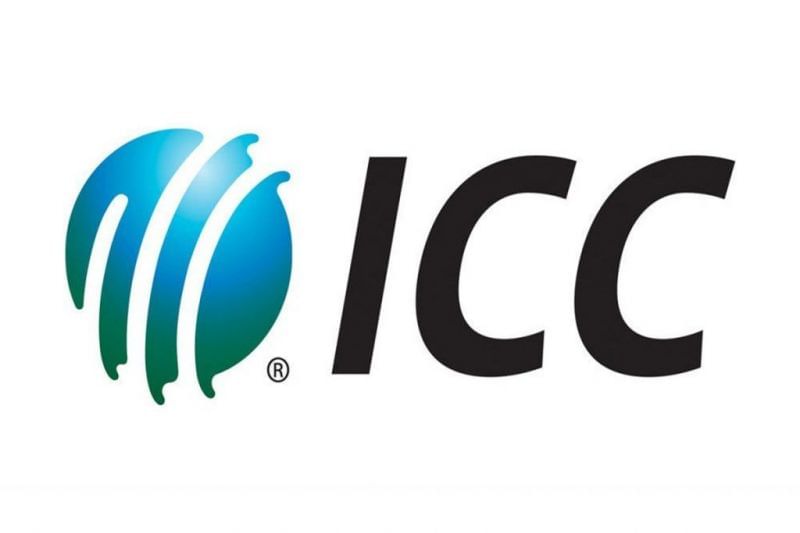
One of the most important duties of a match referee is to ensure that the ICC's Code of Conduct is adhered to during a cricket match. ICC's Code of Conduct sets out 10 Articles that ensure that a cricket match is played fairly and without any malice.
It is the duty of the match referee to identify any breaches of the code during a game. The match referee also has the power to penalize players depending on the seriousness of the offence.
Offences are categorised from Level 1 to Level 4 and can include misconducts such as use of obscene language, ball tampering, repeatedly running on the pitch, disobeying an umpire, showing dissent at an umpire's decision, maintaining a slow over-rate etc.
It is the job of the match referee to identify these misconducts and impose penalties on the offenders. Penalties can range from fines to even permanent bans depending on the severity of the offence.
#3 Sending match-reports to the ICC
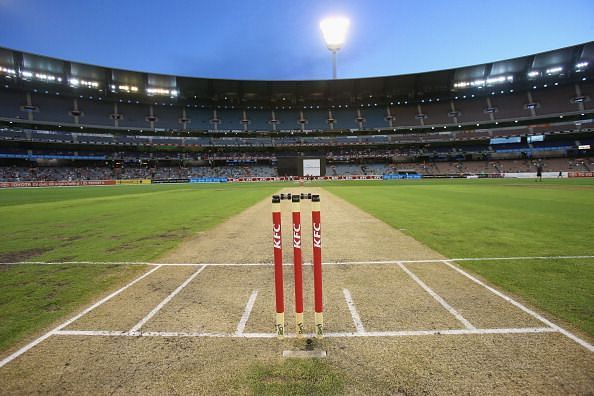
The match referee is responsible for creating and sending a match report that accounts for all the events that took place in a cricket match. Match-reports must include everything ranging from the general statistics of the game, such as the scorecard, to more detailed accounts of events such as milestones reached or Code of Conduct breaches.
The report should also include details regarding the playing conditions and the playing surface. It is also up to the match referee to determine if the playing conditions are unsuitable or unsafe to play a cricket match. The match referee's report also includes information regarding the performance of umpires.
The ICC analyses the match referee's report and takes appropriate action where necessary. The ICC also rates pitches based on the match referee's report.
ICC Elite Panel of Match Referees

The ICC's Elite Panel of Match Referees consists of seven former international cricketers. The ICC appoints one of these seven for every international game irrespective of format.
The current ICC Elite Panel of Match Referees is composed of:
- David Boon, Australia
- Chris Broad, England
- Jeff Crowe, New Zealand
- Ranjan Madugalle, Sri Lanka
- Richie Richardson, West Indies
- Andy Pycroft, Zimbabwe
- Javagal Srinath, India
Did you find this article interesting and informative? Share your thoughts with us in the comments section below.